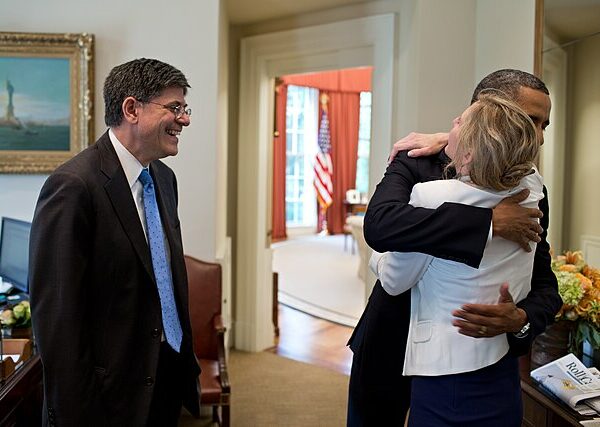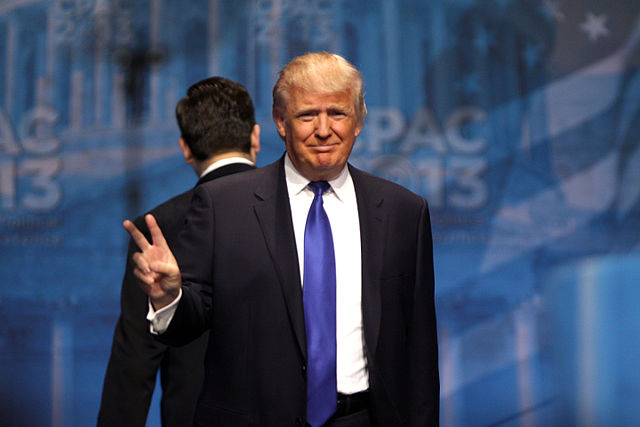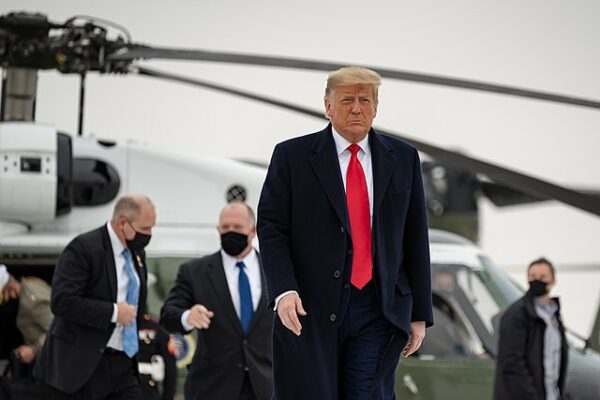
At Stanford University, beneath the surface of academic exchange and international collaboration, a quieter battle is unfolding—one that cuts to the heart of U.S. national security. According to a recent investigation by The Stanford Review, operatives linked to the Chinese Communist Party (CCP) have been quietly embedding themselves within the university’s research ecosystem, targeting sensitive work in artificial intelligence and other high-value STEM disciplines.
The tactics are subtle but deeply troubling. In one reported case, a woman conducting China-focused research was approached by an individual posing as a fellow Stanford student. The supposed student urged her to take a brief trip to Beijing—just long enough to evade formal visa scrutiny—and insisted she use Chinese state-monitored messaging platforms. Her suspicions, and quick action, revealed something more sinister: the man had no real ties to Stanford but had spent years masquerading as a student, repeatedly approaching researchers—especially women—whose work aligned with Beijing’s strategic interests.
This case is no outlier. The Review’s reporting suggests that some Chinese nationals officially enrolled at Stanford may also be serving as informants, funneling information back to China under pressure from government agencies. With more than 1,000 Chinese students on campus—and roughly 15 percent of Chinese students nationwide receiving direct financial support from Beijing—concerns are growing that research is being subtly steered or siphoned in service of the Chinese state.
The broader context only heightens the alarm. In 2020, a Chinese national and Stanford researcher, Chen Song, was indicted after allegedly concealing her ties to the People’s Liberation Army while sending updates on her work in medical science to officials in China. Though the case was ultimately dismissed on procedural grounds, it underscored just how opaque and entangled the relationship between academic research and state intelligence has become.
Federal authorities are taking notice. The Select Committee on the CCP has warned Stanford and other elite institutions that the student visa system may be serving as a “Trojan horse,” enabling Chinese intelligence operations to burrow into America’s academic core. While Chinese nationals make up roughly a third of all foreign students in U.S. STEM programs, most do not stay after graduation—a fact that raises pointed questions about where their skills, and loyalties, ultimately land.
Stanford, for its part, says it is treating the matter with gravity, but the culture on campus has been one of silence on the issue. The Review explained, “This March, Stanford’s President, Dr. Jonathan Levin, received a letter from the Select Committee on the CCP detailing the security risks China poses to STEM research. For years, concerns about Chinese espionage have quietly persisted at Stanford. Throughout our investigation, professors, students, and researchers readily recounted their experiences of Chinese spying, yet they declined to speak publicly. One student who experienced espionage firsthand was too fearful to recount their story, even via encrypted messaging. “The risk is too high,” they explained. Transnational repression, $64 million in Chinese funding, and allegations of racial profiling have contributed to a pervasive culture of silence at Stanford and beyond.
It is this pervasive silence that has compelled us to write. After interviewing multiple anonymous Stanford faculty, students, and China experts, we can confirm that the CCP is orchestrating a widespread intelligence-gathering campaign at Stanford. In short, ‘there are Chinese spies at Stanford.’”
Experts say the CCP’s strategy blends coercion and inducement. “The Chinese government spends a lot of time collecting data on its overseas students; it has a pretty good understanding of who is doing what and if someone is working in an area of interest [frontier technology],” Matthew Turpin, a former White House advisor on U.S.-China relations, told The Daily Caller. “If students have access to things the government would like access to, it is relatively easy to reach out to an individual. They use carrots and sticks. If you turn over information, you may get a reward; if you don’t, there is a punishment.”
In response to the article, the university released a statement:
“Stanford takes its commitment to national security with the utmost seriousness, and we are acutely aware of the threats posed by the Chinese Communist Party to all research universities. Stanford has rigorous policies and processes in place to ensure that research by its faculty and students is conducted in a manner that safeguards America’s interests. Stanford does not conduct classified or secret research. Stanford has a university-wide process for reporting threats to research security, and carefully assesses all reports. Stanford consults with federal law enforcement and intelligence agencies to ensure our policies and procedures are rigorous and protect national security. We are looking into the reports in the Stanford Review article, and have reached out to federal law enforcement to consult on appropriate actions.
It is also very important to distinguish between threats posed by the Chinese Communist Party, and Chinese and Chinese-American faculty and students who are at Stanford to learn and contribute to the generation of knowledge, and are valued members of our community.”
The story unfolding at Stanford is not just about one school. It is a warning—about the vulnerability of American intellectual capital in an era when adversaries no longer need to break into labs. They can simply walk through the front door.
[Read More: Famous Murder Of American Finally Avenged]











